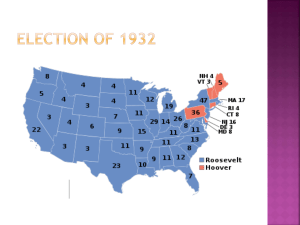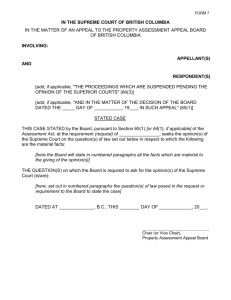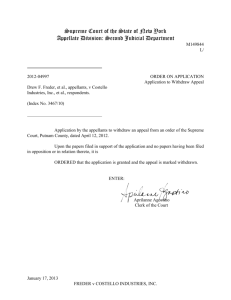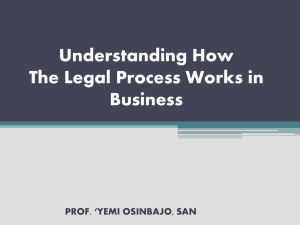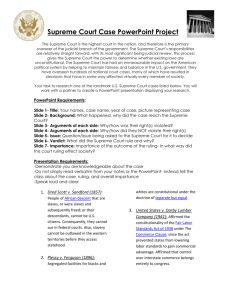On Tuesday June 13, 2006, King County Superior Court
advertisement
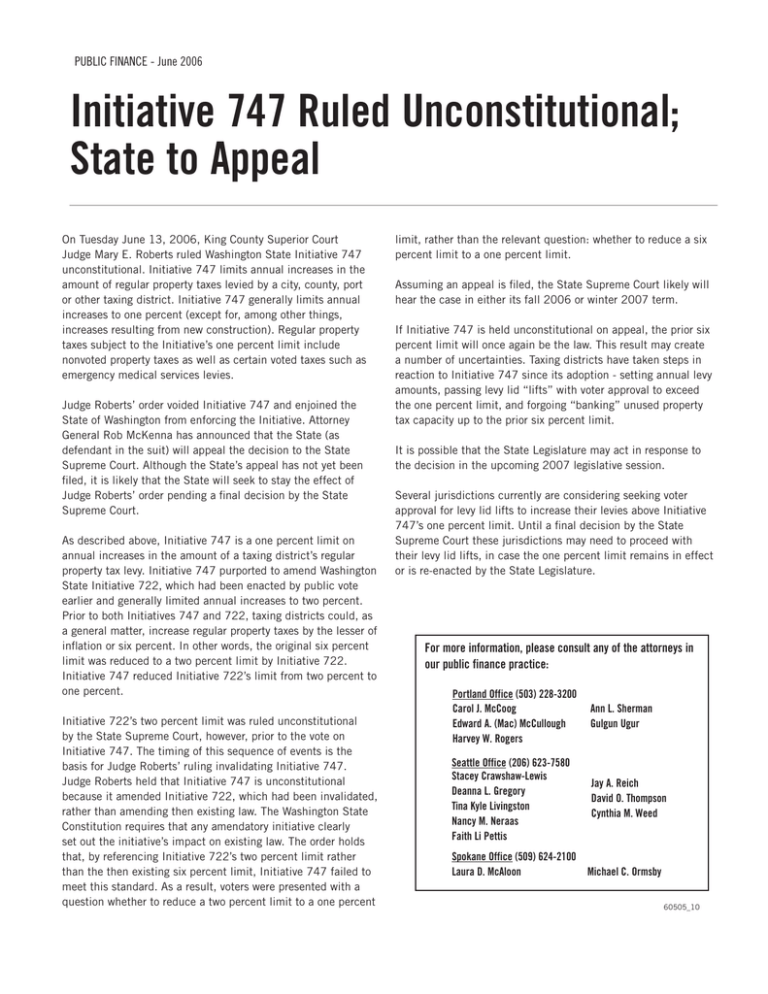
PUBLIC FINANCE - June 2006 Initiative 747 Ruled Unconstitutional; State to Appeal On Tuesday June 13, 2006, King County Superior Court Judge Mary E. Roberts ruled Washington State Initiative 747 unconstitutional. Initiative 747 limits annual increases in the amount of regular property taxes levied by a city, county, port or other taxing district. Initiative 747 generally limits annual increases to one percent (except for, among other things, increases resulting from new construction). Regular property taxes subject to the Initiative’s one percent limit include nonvoted property taxes as well as certain voted taxes such as emergency medical services levies. Judge Roberts’ order voided Initiative 747 and enjoined the State of Washington from enforcing the Initiative. Attorney General Rob McKenna has announced that the State (as defendant in the suit) will appeal the decision to the State Supreme Court. Although the State’s appeal has not yet been filed, it is likely that the State will seek to stay the effect of Judge Roberts’ order pending a final decision by the State Supreme Court. As described above, Initiative 747 is a one percent limit on annual increases in the amount of a taxing district’s regular property tax levy. Initiative 747 purported to amend Washington State Initiative 722, which had been enacted by public vote earlier and generally limited annual increases to two percent. Prior to both Initiatives 747 and 722, taxing districts could, as a general matter, increase regular property taxes by the lesser of inflation or six percent. In other words, the original six percent limit was reduced to a two percent limit by Initiative 722. Initiative 747 reduced Initiative 722’s limit from two percent to one percent. Initiative 722’s two percent limit was ruled unconstitutional by the State Supreme Court, however, prior to the vote on Initiative 747. The timing of this sequence of events is the basis for Judge Roberts’ ruling invalidating Initiative 747. Judge Roberts held that Initiative 747 is unconstitutional because it amended Initiative 722, which had been invalidated, rather than amending then existing law. The Washington State Constitution requires that any amendatory initiative clearly set out the initiative’s impact on existing law. The order holds that, by referencing Initiative 722’s two percent limit rather than the then existing six percent limit, Initiative 747 failed to meet this standard. As a result, voters were presented with a question whether to reduce a two percent limit to a one percent limit, rather than the relevant question: whether to reduce a six percent limit to a one percent limit. Assuming an appeal is filed, the State Supreme Court likely will hear the case in either its fall 2006 or winter 2007 term. If Initiative 747 is held unconstitutional on appeal, the prior six percent limit will once again be the law. This result may create a number of uncertainties. Taxing districts have taken steps in reaction to Initiative 747 since its adoption - setting annual levy amounts, passing levy lid “lifts” with voter approval to exceed the one percent limit, and forgoing “banking” unused property tax capacity up to the prior six percent limit. It is possible that the State Legislature may act in response to the decision in the upcoming 2007 legislative session. Several jurisdictions currently are considering seeking voter approval for levy lid lifts to increase their levies above Initiative 747’s one percent limit. Until a final decision by the State Supreme Court these jurisdictions may need to proceed with their levy lid lifts, in case the one percent limit remains in effect or is re-enacted by the State Legislature. For more information, please consult any of the attorneys in our public finance practice: Portland Office (503) 228-3200 Carol J. McCoog Edward A. (Mac) McCullough Harvey W. Rogers Ann L. Sherman Gulgun Ugur Seattle Office (206) 623-7580 Stacey Crawshaw-Lewis Deanna L. Gregory Tina Kyle Livingston Nancy M. Neraas Faith Li Pettis Jay A. Reich David O. Thompson Cynthia M. Weed Spokane Office (509) 624-2100 Laura D. McAloon Michael C. Ormsby 60505_10
